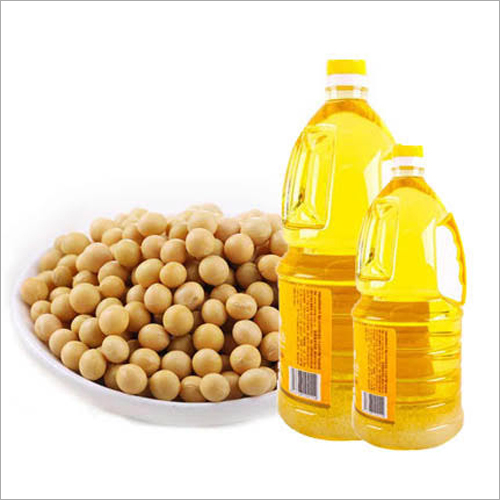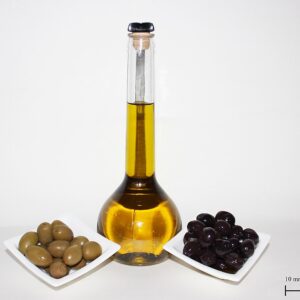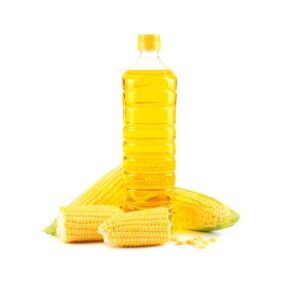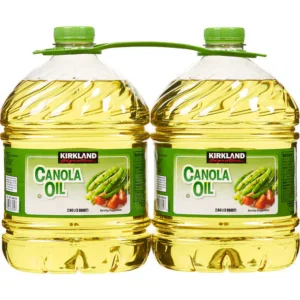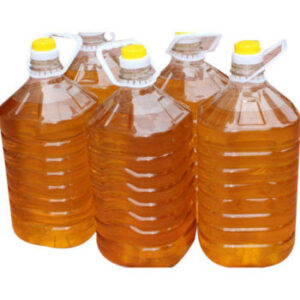To produce soybean oil, the soybeans are cracked, adjusted for moisture content, heated to between 60 and 88 °C (140–190 °F), rolled into flakes, and solvent-extracted with hexanes. The oil is then refined, blended for different applications, and sometimes hydrogenated. Soybean oils, both liquid and partially hydrogenated are sold as “vegetable oil”, or are ingredients in a wide variety of processed foods. Most of the remaining residue (soybean meal) is used as animal feed.
In the 2002–2003 growing season, 30.6 million tons (MT) of soybean_oil were produced worldwide, constituting about half of worldwide edible vegetable oil production, and thirty percent of all fats and oils produced, including animal fats and oils derived from tropical plants. In 2018–2019, world production was at 57.4 MT with the leading producers including China (16.6 MT), US (10.9 MT), Argentina (8.4 MT), Brazil (8.2 MT), and EU (3.2 MT).
Uses & Effectiveness
Likely Effective for
- Mosquito repellant. Soybean_oil is an ingredient in some commercial mosquito repellents. It seems to work about as well as some other mosquito repellents, including some products that contain about 4.7% DEET. But it doesn’t last as long as products that contain 10% to 35% DEET.
Possibly Effective for
- High cholesterol. Soybean_oil in the diet seems to help lower total cholesterol and LDL (or “bad”) cholesterol, but it might also lower HDL (or “good”) cholesterol.
There is interest in using soybean oil for a number of other purposes, but there isn’t enough reliable information to say whether it might be helpful.
Special Precautions and Warnings for Soybean oil
When applied to the skin: Soybean_oil is LIKELY SAFE when applied to the skin as an insect repellent in recommended amounts.
Pregnancy and breast-feeding: Soybean_oil is LIKELY SAFE when pregnant or breast-feeding when used as part of the diet. But there isn’t enough reliable information to know if soybean oil is safe to use in the amounts found in medicine when pregnant or breast-feeding. Stay on the safe side and stick to food amounts.
Peanut or soybean allergy: People who are allergic to peanuts, and other plants that are members of the Fabaceae/Leguminosea family might also be allergic to soybean oil.



